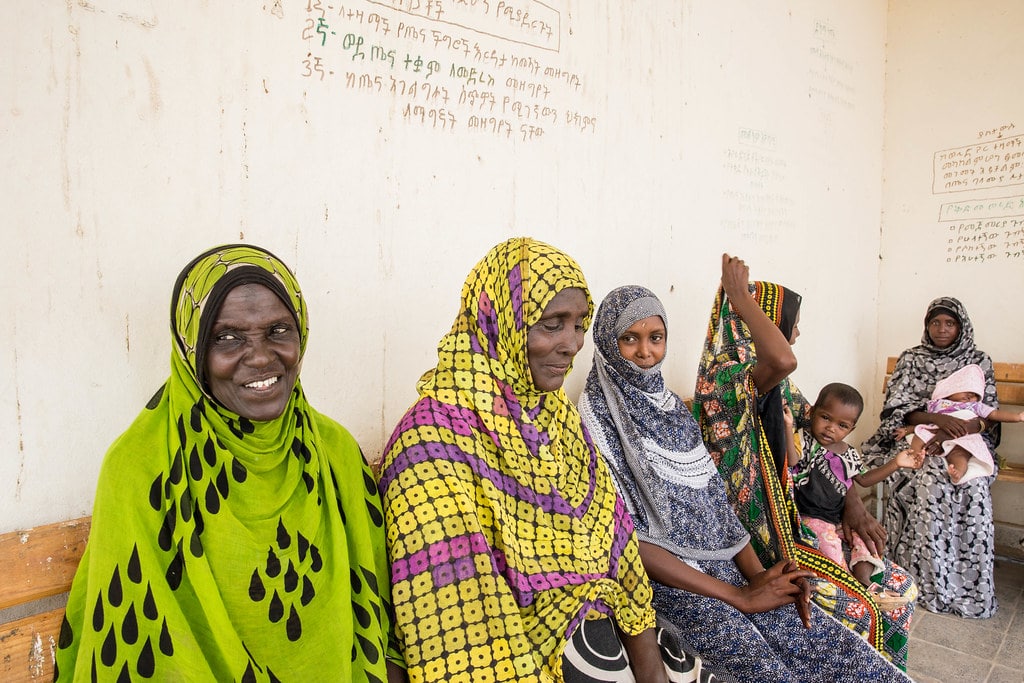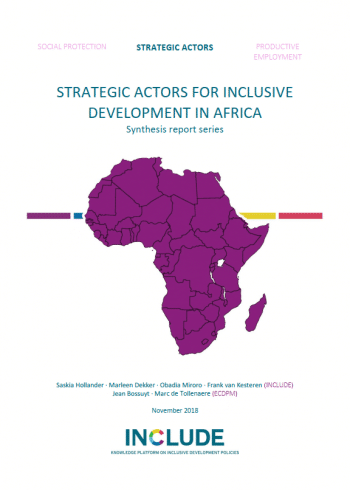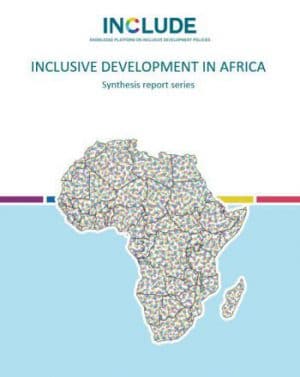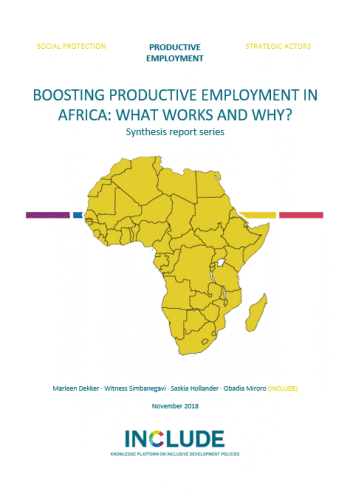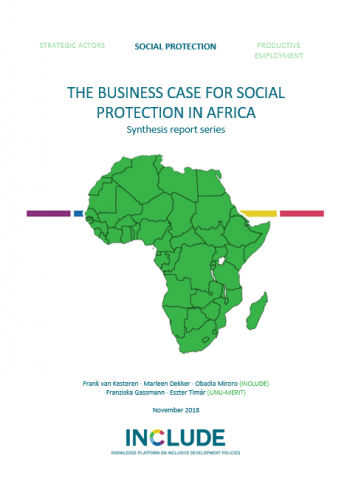Three policy areas within the RIDSSA
The employment challenge in Sub-Saharan Africa is not only to create enough jobs for an ever-growing population, but to create decent jobs. Most people work either in agriculture or the informal service sector, where productivity is low and earnings are unstable and insufficient to meet their basic needs. Creating gainful employment for both men and women requires fundamental changes in the economic sectors that drive inclusive development. Critical factors include macroeconomic policies that help create productive employment and an enabling environment for innovative entrepreneurship.
Effectively implementing reforms to make development policies in Africa more inclusive is not simply a matter of formulating the right policies. Rather, it is about reaching actors with political power or capacity and encouraging them to implement those policies. Achieving structural change is a daunting task as those in power are likely to benefit from the status quo or come up against institutional barriers. A better understanding of the underlying power structures, motives and incentives that prevent inclusive development policies from being implemented is thus crucial for these policies to be effective.
Social protection plays multiple roles in achieving inclusive development in Sub-Saharan Africa. However, national governments are often reluctant to introduce comprehensive social protection programmes, as they require a reallocation of resources and considered too expensive. There is a need for evidence-based arguments to convince policymakers that investing scarce resources in social protection programmes is cost effective in the long run due to their impact on poverty reduction and social mobility.
